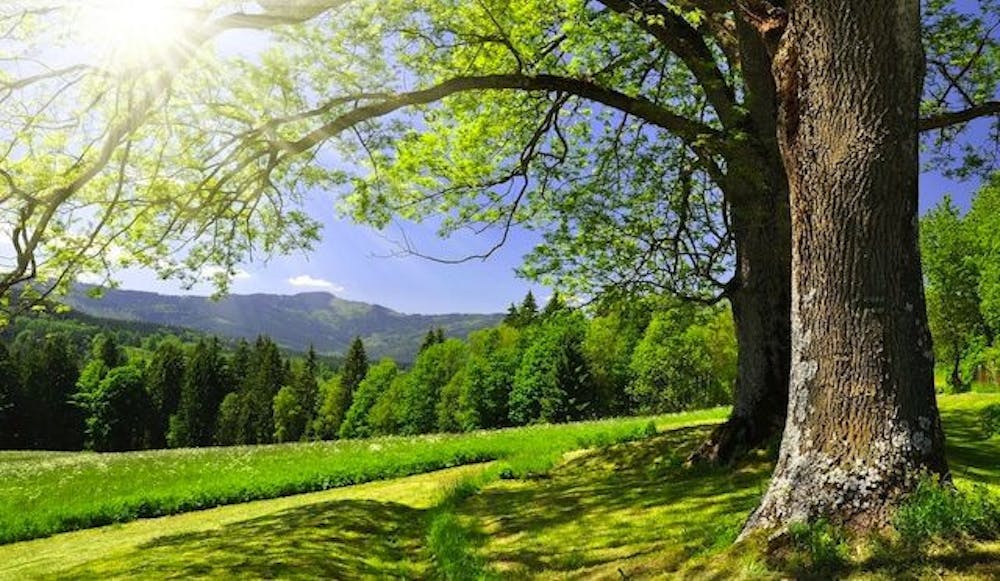I’ll be honest. At the moment, my career path is one dark, looming trail of “?”
I’ve gone beyond the cliché “Well, what was your favorite subject in high school?” question and have now reached the realm of “What do I even like to do?”
It’s OK, though, because I know I’m not the only one. In her book "The Undecided College Student," Virginia Gordon estimated that 75 percent of college students come to college with a decided major in mind and then change it entirely.
In fact, studies show that each major change increases the likelihood of graduation by about 40 percent.
(After the number of majors I have briefly fallen in love with and then dropped entirely, by now there has to be a full-proof guarantee of my graduation.)
But what will be on that diploma? We’ve all heard the usual majors – math, engineering, education, what have you – and those are great, but there are many options on campus that often go overlooked.
Essentially, the next few blogs are not simply “uncommon majors” but actually a search for the perfect major for all of us.
Last week was an exploration of words and people, so now let’s check out a more science-based field.
Sustainability is one of the newest majors at UF, starting just last fall and graduating its first class of less than 10 students in the spring.
The study of sustainability focuses on meeting today’s needs while also providing for tomorrow.
“It’s really about the sense the students have for the field and the concern that they share. It isn’t just an academic interest,” said Director of Sustainable Studies Dr. Leslie Paul Thiele.
Sustainability majors take classes such as History of Sustainability and Politics of Sustainability to develop a wide understanding of their cause. Students can then pick a focus for their major, such as social sciences or natural sciences.
“It’s an interdisciplinary science, so it involves an eclectic skill set,” Thiele said, emphasizing the personal interest that sustainability students have in their cause.
The major ends with a capstone course called Sustainability in Action; students pick a local sustainable project in the community – past projects include green cemeteries, green film festivals and organic food – for an entire semester to gain practical experience and possibly a passion.
“It’s not just about the impact they [students] have on their field. It’s the impact the major can have on them,” Thiele said.
Interested in sustainable, community-minded practices? Think you might fit in a tight-knit department of less than 50 students? Sign up for the gateway course, Facets of Sustainability, to find out!






